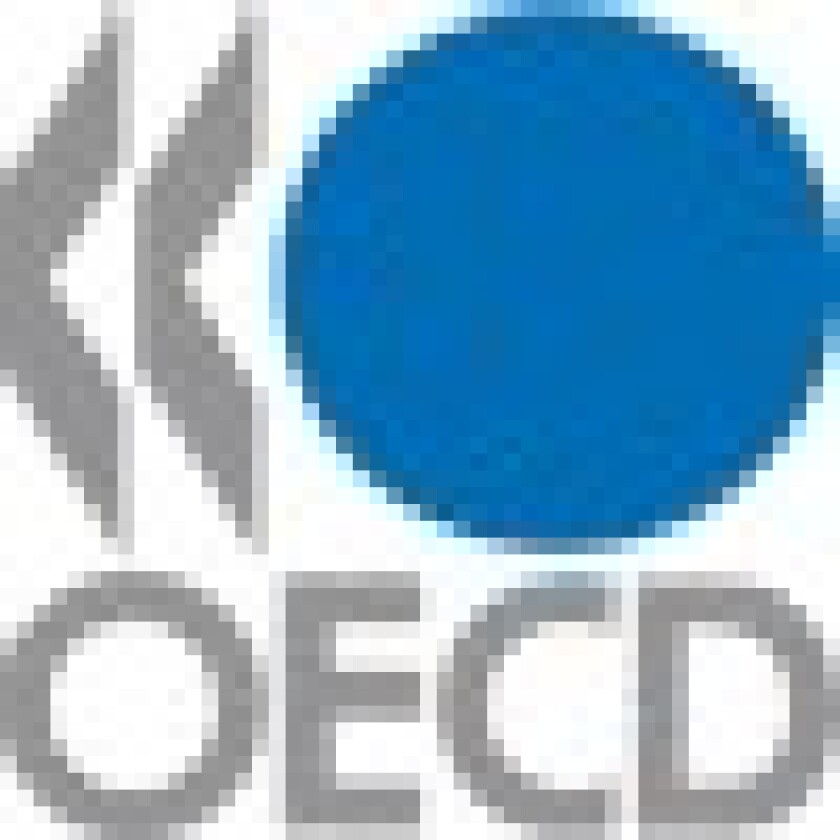The draft commentary explains that the guidelines should be viewed as inter-linked, saying they are “intended to form a coherent whole” which “should be read and understood in the light of the International VAT/GST Guidelines more generally”.
Guideline 1 of the commentary states that the burden of value added taxes themselves should not lie on taxable businesses except where explicitly provided for in legislation.
For VAT neutrality in a domestic context, the staged payment system ensures this principle is upheld, with businesses paying VAT to suppliers on its inputs and receiving VAT from customers on its outputs.
“This tax offsetting mechanism ensures that VAT paid along the value chain is borne, ultimately, only by final consumers,” said Rui Guedes Henriques, partner at Baker Tilly Portugal.
In cross-border circumstances, VAT neutrality is achieved by invoking the destination principle, whereby exports are not subject to tax and imports are taxed the same as domestic supplies. Tax paid is determined by the rules of the jurisdiction of consumption, and revenue only accrues there.
While Pascal Saint-Amans, the OECD’s director of the Centre for Tax Policy and Administration, previously told International Tax Review that he was looking for “fresh views on how to design VAT systems”, including looking at the origin versus destination principle, Piet Battiau, head of consumption taxes at the OECD, believes there is only one conclusion to be drawn here.

“I am convinced the destination principle is the best way to apply VAT on cross-border transactions,” said Battiau (pictured left). “It ensures VAT neutrality and equal treatment of goods and services which are acquired locally and internationally.”
Guideline 2 explains that businesses in similar situations carrying out similar transactions should be subject to similar levels of taxation.
To assess “similar levels of taxation”, the draft commentary outlines that “the final tax burden needs to be considered, taking into account all available refunds and credits”. And in terms of “businesses in similar situations”, the draft clarifies that a similar situation should not be restricted to a comparison of similar industries. Rather, similar situations should be assessed based on the businesses’ right of deduction.
For example, a consulting company with a full right to deduct input tax would be similar to an airline company with a full right to deduct input tax.
Guideline 3 dictates that VAT rules should be framed in such a way that they are not the primary influence on business decisions.
To ensure VAT rules are compatible with this guideline, they must not be structured so as to cause a business decision to be made based on the VAT burden.
Guideline 4 states that with respect to the level of taxation, foreign businesses should not be disadvantaged nor advantaged compared with domestic businesses in the jurisdiction where the tax may be due or paid.
While Guideline 2 serves to ensure parity of treatment for businesses in similar situations carrying out similar transactions, this guideline serves to ensure equity of treatment for foreign and domestic businesses.
Correct implementation will ensure non-discriminatory application and not distort competition between foreign and domestic businesses.
The fifth guideline explains that to ensure foreign businesses do not incur irrecoverable VAT, governments may choose from a number of approaches.
These approaches include making supplies free of VAT, allowing foreign businesses to obtain a refund through a specific regime, and granting purchase exemption certificates.
The final guideline indicates that where specific administrative requirements for foreign businesses are deemed necessary, they “should not create a disproportionate or inappropriate compliance burden for the businesses”.
The guidelines acknowledge that, of course, the administrative requirements for domestic and foreign businesses may differ, but if specific rules are imposed on foreign businesses, this should be done “in a manner that minimises their impact on neutrality”. The aim of this last provision is to try and ensure that the additional compliance burden of conducting business in a foreign jurisdiction is not disproportionate.
The CFA is inviting public comments, which should be sent to vat@oecd.org by September 26 2012.
The OECD and EU have long been working to make the VAT system simpler and more efficient.
“There is a real need for global dialogue on the design and operation of VAT,” said Battiau.
This should be facilitated by the Global VAT Forum, which will hold its first meeting in Paris in November. The September deadline for public consultation on the draft commentary for the International VAT Neutrality Guidelines will mean that responses are received in time to be considered at the forum, which will engage both OECD members and non-members.
“OECD countries as well as non-OECD economies are facing similar challenges when designing and implementing, adopting or reforming VAT systems,” said Battiau. “The scope for learning from each other is enormous.”
A well-designed VAT system ensures neutrality for businesses, though this can only be achieved if there is consistent interaction between the systems of each country – something the forum should promote.
“The absence of an internationally agreed framework leads to an increased risk of double or multiple taxation or, in the inverse case, double or multiple non-taxation,” said Battiau.










